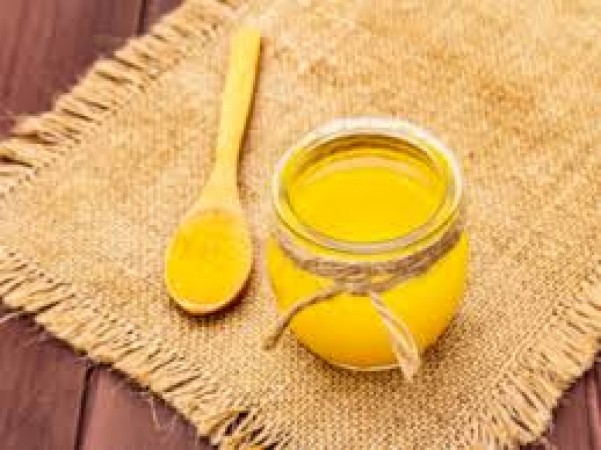
Ghee, a clarified butter used in traditional Indian cooking, has gained popularity worldwide for its health benefits and unique flavor. One common question that arises is how much ghee one should consume daily to gain weight effectively. Let's delve into this topic to understand the role of ghee in weight gain and the recommended daily intake.
What is Ghee?
Ghee is a type of clarified butter that originated in ancient India. It is made by simmering butter, which separates the milk solids and water from the fat. The resulting golden liquid is then strained to produce ghee, which has a rich, nutty flavor and a higher smoke point than butter.
Nutritional Composition of Ghee
Ghee is primarily composed of saturated fats, which provide a concentrated source of energy. It also contains small amounts of vitamins A, D, E, and K, as well as fatty acids like omega-3 and omega-6. Additionally, ghee is lactose-free and is often well-tolerated by individuals with lactose intolerance.
Ghee and Weight Gain
Ghee is often recommended for weight gain due to its high calorie and fat content. Just one tablespoon of ghee contains approximately 120 calories and 14 grams of fat, making it a calorie-dense food that can contribute to weight gain when consumed in moderation.
Recommended Daily Intake
While ghee can be beneficial for those looking to gain weight, it's essential to consume it in moderation to avoid excessive calorie intake and potential health risks associated with high saturated fat consumption. The recommended daily intake of ghee varies depending on individual factors such as age, weight, activity level, and overall dietary goals.
Factors to Consider
Caloric Needs: To determine the appropriate amount of ghee for weight gain, it's crucial to assess your daily caloric needs. This can be calculated based on factors such as basal metabolic rate (BMR) and activity level.
Overall Diet: Ghee should be incorporated into a well-balanced diet that includes a variety of nutrient-dense foods such as fruits, vegetables, whole grains, lean proteins, and healthy fats. Consuming excess ghee without balancing other food groups can lead to nutritional deficiencies.
Individual Tolerance: Some individuals may tolerate ghee better than others due to factors such as digestive health and lipid metabolism. It's essential to listen to your body and adjust your intake accordingly.
While ghee can be a valuable addition to a weight gain diet due to its calorie-dense nature and nutritional benefits, it's essential to consume it in moderation and as part of a balanced diet. Consulting with a healthcare professional or registered dietitian can help determine the appropriate amount of ghee for your individual needs and goals.
Couple romantic activities happen in Manali, plan to go with your girlfriend soon
Where do trains with rotating seats, glass windows and unique coaches run?
Travel Reimagined: Concierge Introduces Bespoke First-Class and Private Jet Experiences